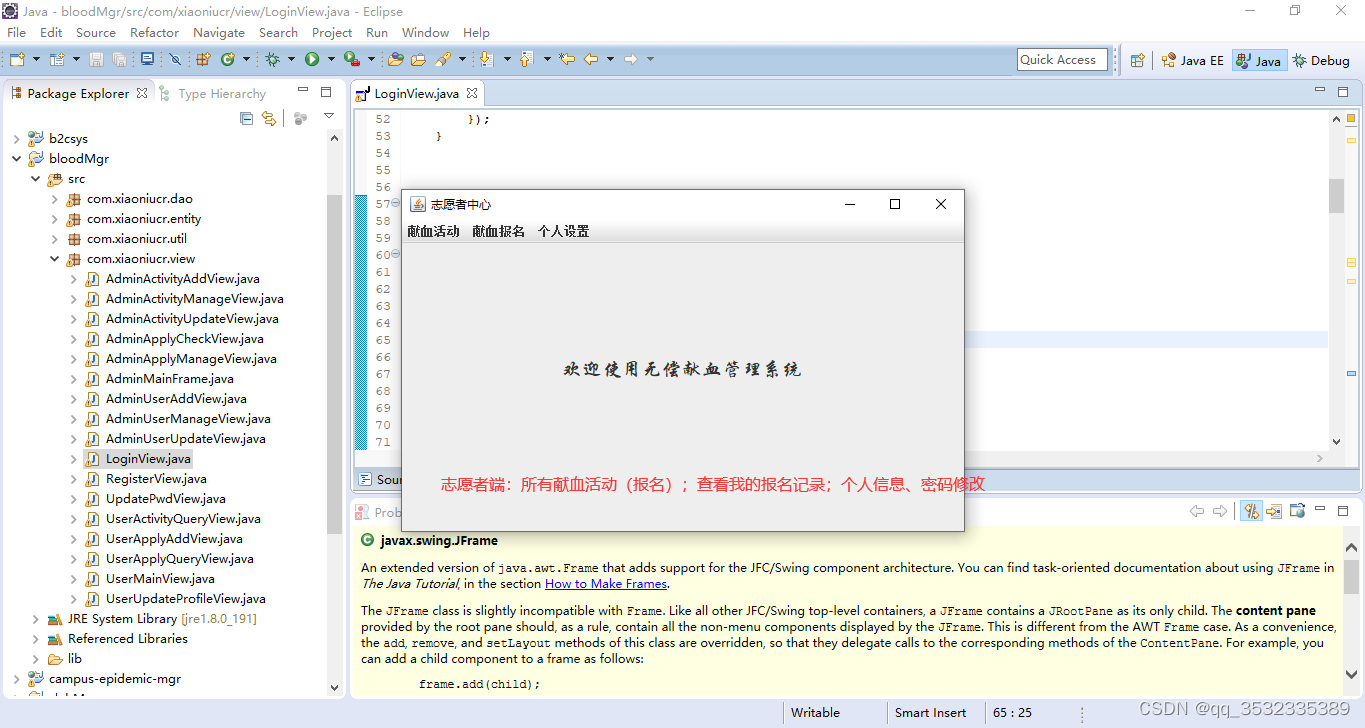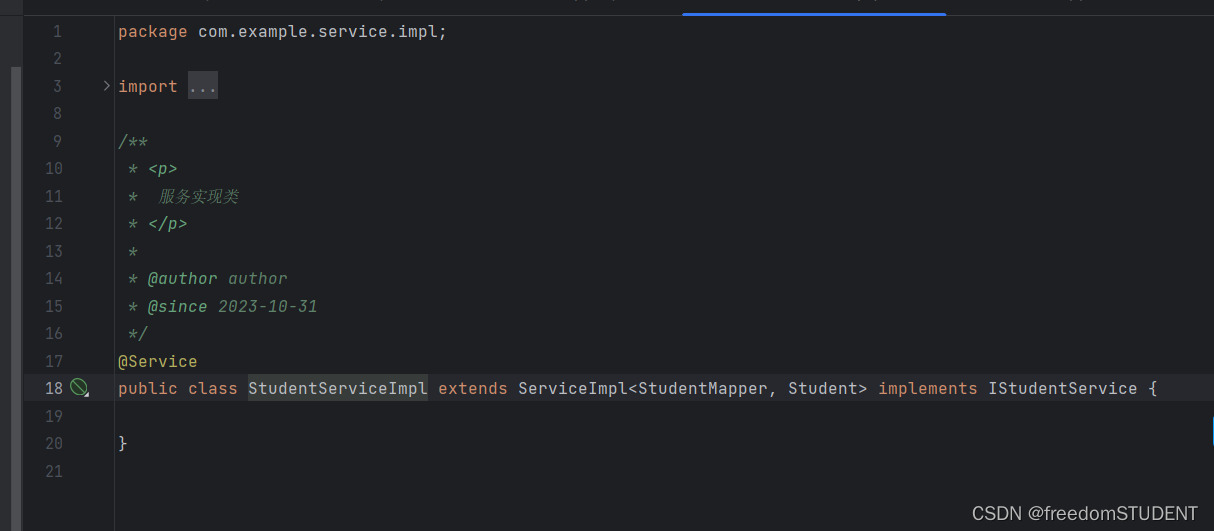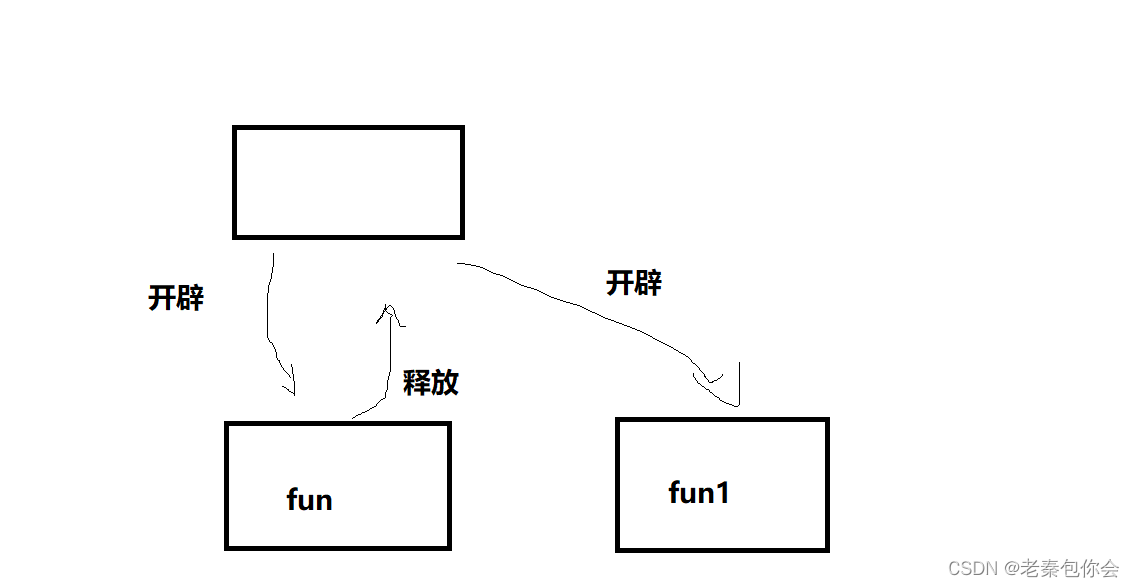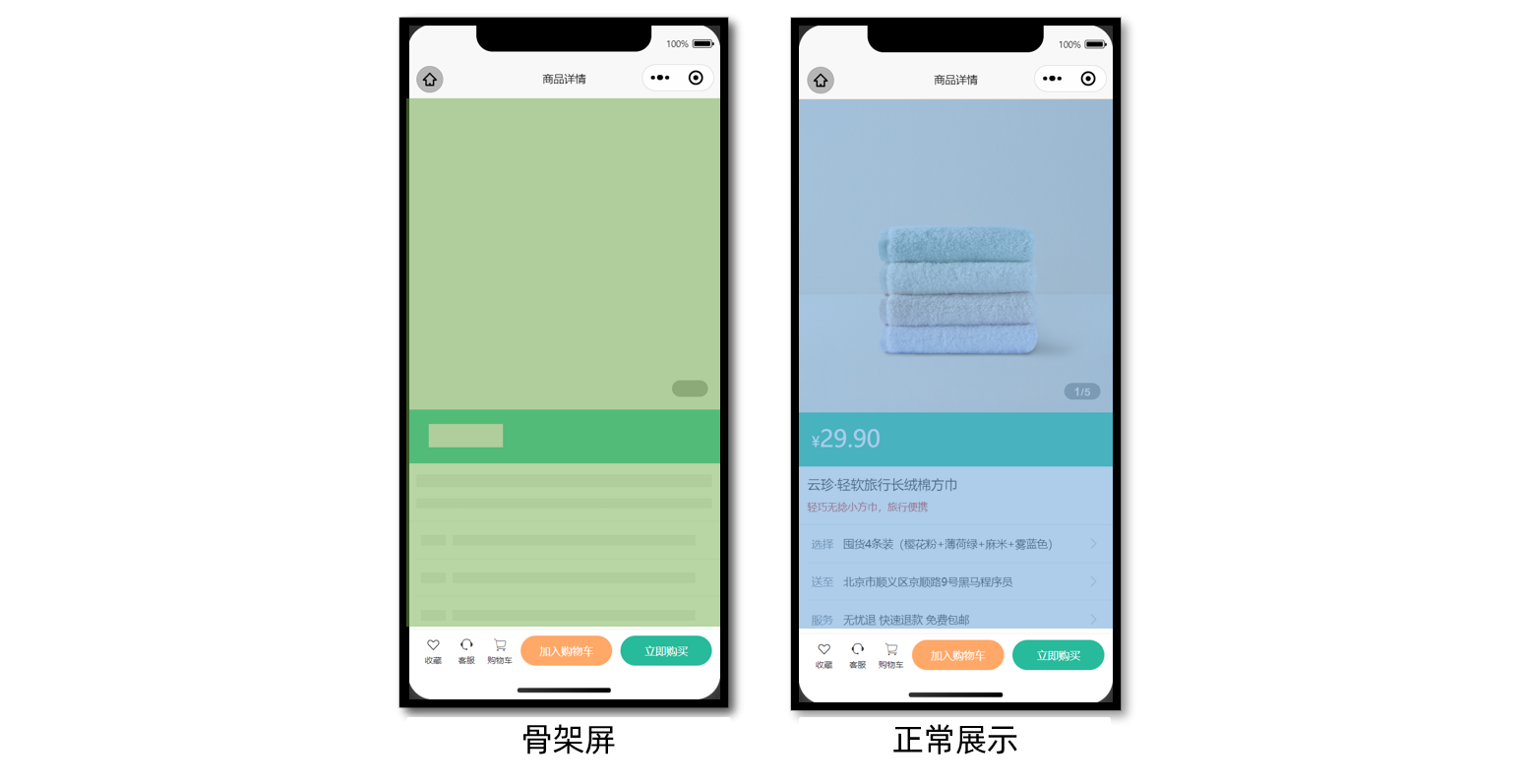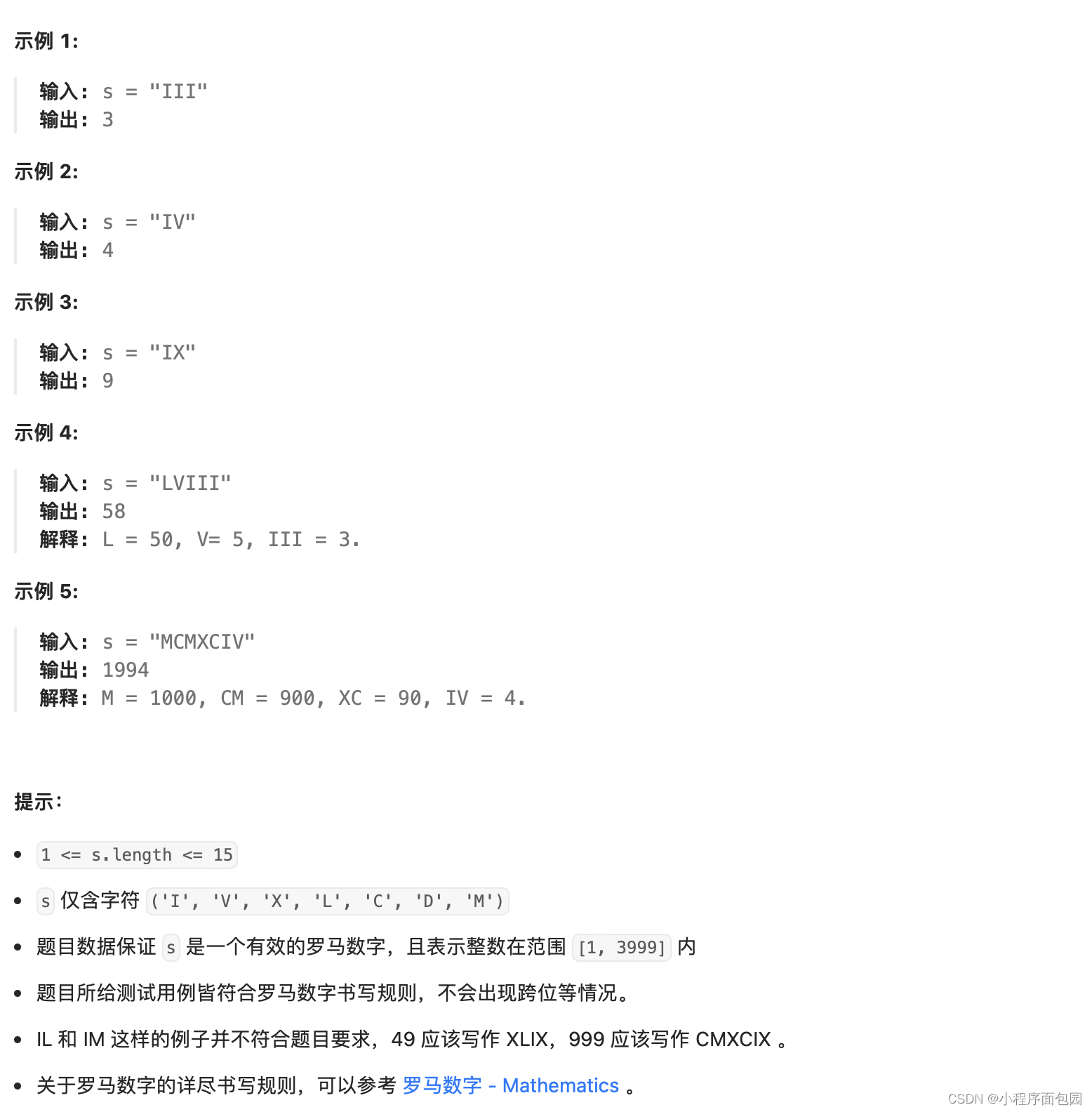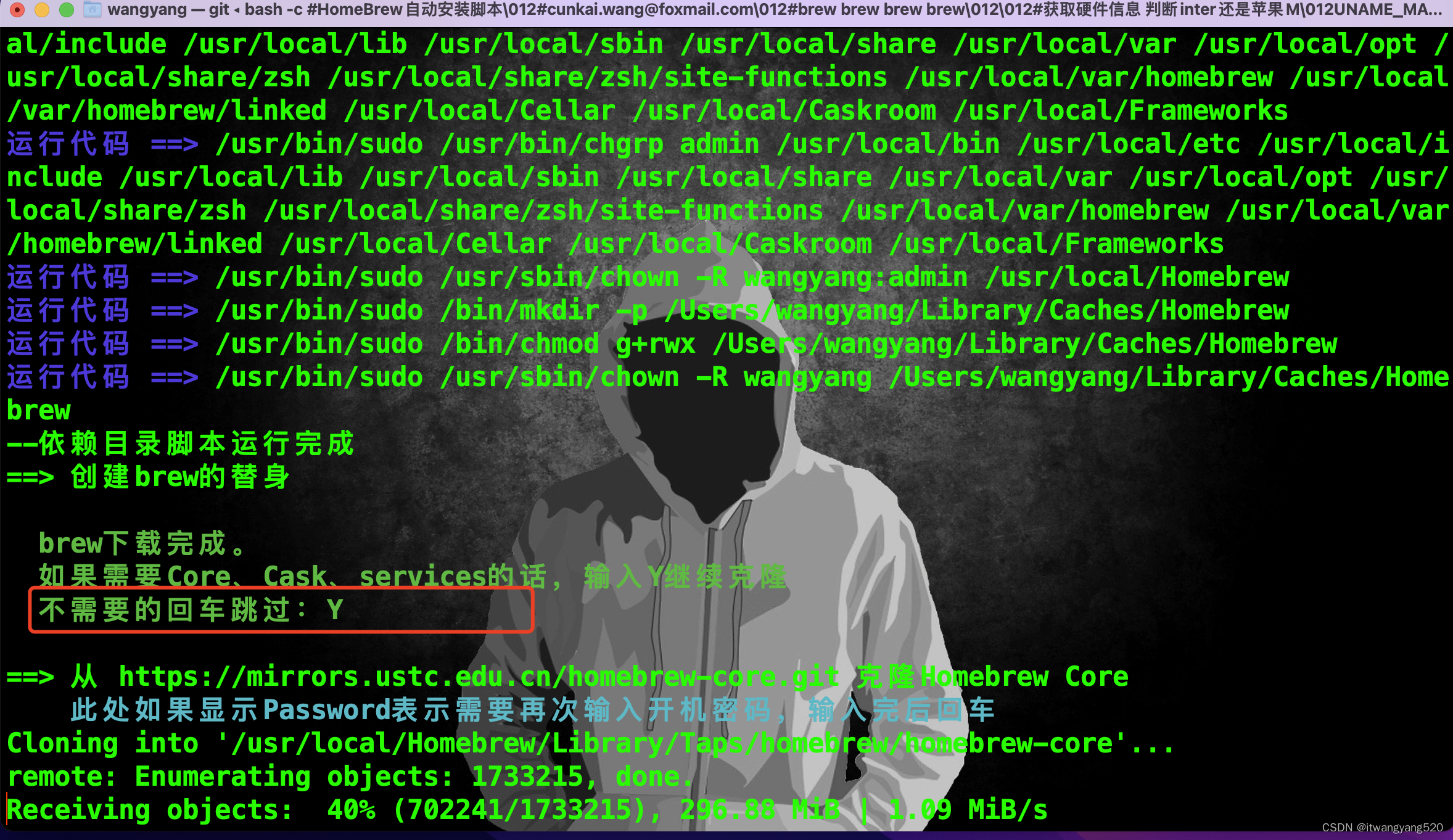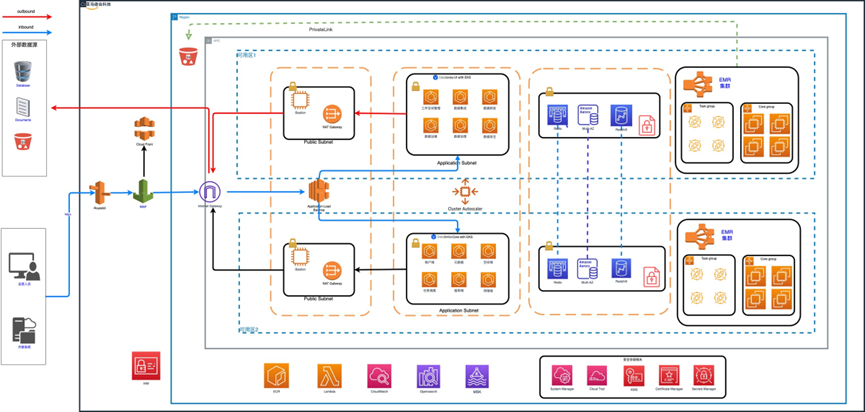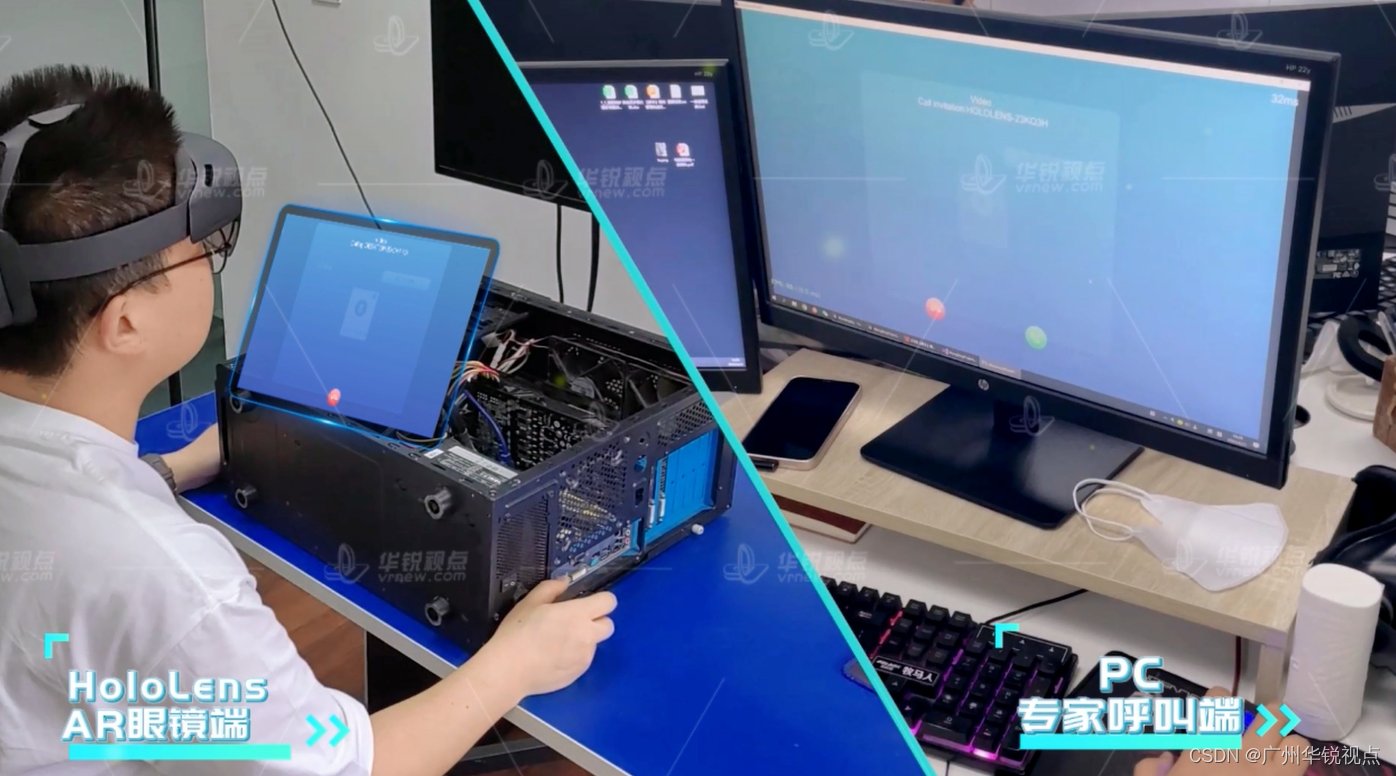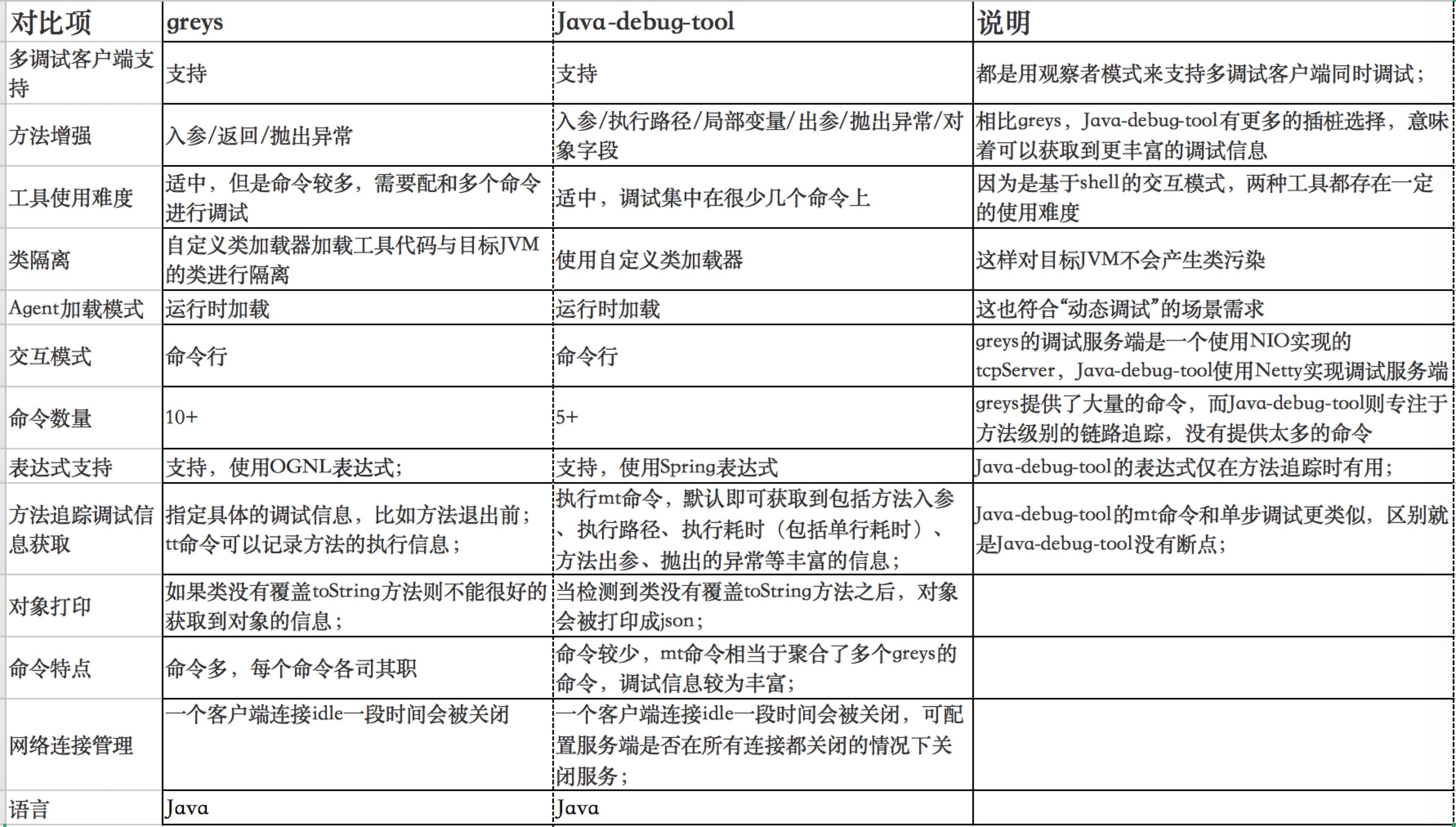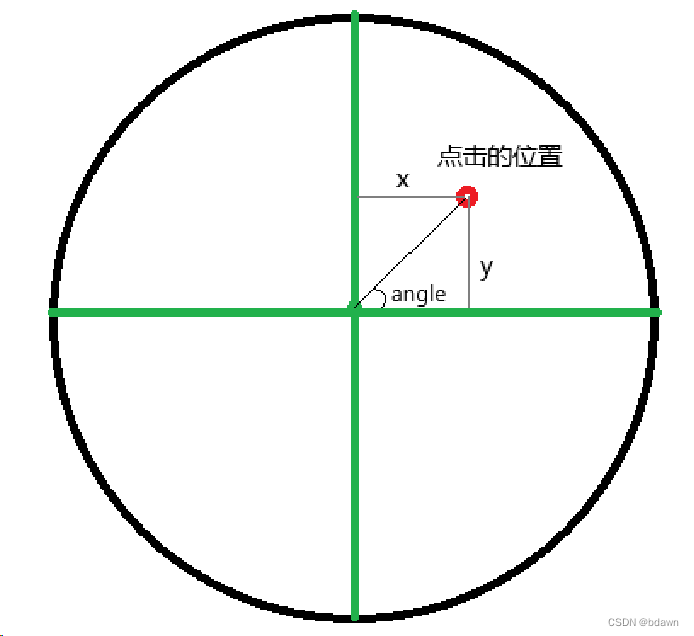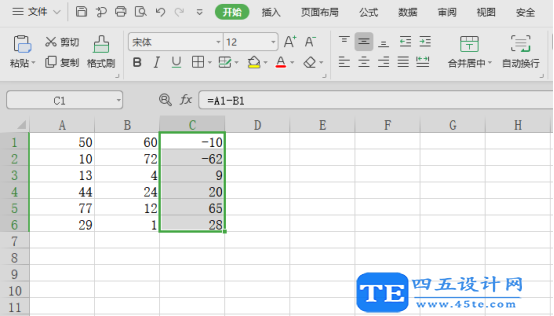基于platform驱动模型完成LED驱动的编写
驱动程序
#include <linux/init.h>
#include <linux/module.h>
#include<linux/platform_device.h>
#include<linux/mod_devicetable.h>
#include<linux/of.h>
#include<linux/of_gpio.h>
#include<linux/gpio.h>
#include <linux/timer.h>
#include <linux/fs.h>
#include <linux/io.h>
#include <linux/device.h>
#include "head.h"int major; //字符设备驱动注册主设备号
struct class *cls; //向上提交目录
struct device *dev; //向上提交设备节点
struct gpio_desc* gpiono[3];//封装操作方法
int mycdev_open(struct inode *inode, struct file *file)
{printk("%s:%s:%d\n", __FILE__,__func__,__LINE__);return 0;
}
long mycdev_ioctl(struct file *file, unsigned int cmd, unsigned long arg)
{int which;int ret = copy_from_user(&which, (void*)arg,4); if(ret){printk("copy_from_user failed\n");return -EIO;}switch(cmd){case LED_ON:switch(which){case 1:gpiod_set_value(gpiono[0],1);break;case 2:gpiod_set_value(gpiono[1], 1);break;case 3:gpiod_set_value(gpiono[2], 1);break;}break;case LED_OFF:switch(which){case 1:gpiod_set_value(gpiono[0],0);break;case 2:gpiod_set_value(gpiono[1], 0);break;case 3:gpiod_set_value(gpiono[2], 0);break;} break;}printk("%s:%s:%d\n", __FILE__,__func__,__LINE__);return 0;
}
int mycdev_close(struct inode *inode, struct file *file)
{printk("%s:%s:%d\n", __FILE__,__func__,__LINE__);return 0;
}
//定义操作方法结构体变量
struct file_operations fops = {.open = mycdev_open,.unlocked_ioctl = mycdev_ioctl,.release = mycdev_close,
};int pdrv_probe(struct platform_device *pdev)//当驱动和设备匹配成功之后执行
{//字符设备驱动注册major = register_chrdev(0, "mycdev",&fops);if(major < 0){printk("字符设备驱动注册失败\n");return major;}/****************************udev创建设备节点的原************************///向上提交目录cls = class_create(THIS_MODULE, "mycdev");if(IS_ERR(cls)){printk("向上提交目录失败\n");return -PTR_ERR(cls); }//向上提交设备节点信息int i;for(i=0; i<3; i++){dev = device_create(cls, NULL,MKDEV(major,i),NULL, "myled%d",i );if(IS_ERR(dev)){printk("向上提交设备节点失败\n");return -PTR_ERR(dev);}}printk("向上提交设备节点成功\n");//解析LED设备树节点获取三个节点的gpio信息for(i=0; i<3; i++){gpiono[i]=gpiod_get_from_of_node(pdev->dev.of_node,"led-gpios", i, GPIOD_OUT_HIGH, NULL);if(IS_ERR(gpiono[i])){printk("解析GPIO信息失败\n");return -PTR_ERR(gpiono[i]);}printk("解析GPIO信息成功\n");}return 0;
}int pdrv_remove(struct platform_device *pdev)
{int i;for(i=0; i<3; i++){gpiod_set_value(gpiono[i], 0);//释放gpio编号gpiod_put(gpiono[i]);//销毁设备节点信息device_destroy(cls, MKDEV(major, i));}//销毁目录class_destroy(cls);//注销字符设备驱动unregister_chrdev(major, "mycdev");return 0;
}
//构建设备树匹配表
struct of_device_id oftable[] = {{.compatible="hqyj,myplatform",},{.compatible="hqyj,myplatform1",},{}, //防止数组越界
};
//1分配驱动信息对象
struct platform_driver pdrv= {.probe=pdrv_probe,.remove=pdrv_remove,.driver={.name="bbbbb", //驱动名.of_match_table=oftable,},
};//驱动端一键注册宏
module_platform_driver(pdrv);
MODULE_LICENSE("GPL");应用程序
#include<stdlib.h>
#include<stdio.h>
#include <sys/types.h>
#include <sys/stat.h>
#include <sys/ioctl.h>
#include <fcntl.h>
#include<unistd.h>
#include<string.h>
#include "head.h"int main(int argc, char const *argv[])
{int fd = open("/dev/myled0", O_RDWR);if(fd < 0){printf("打开设备文件失败\n");exit(-1);}while(1){int a;printf("请输入1(开灯)0(关灯)>>");scanf("%d", &a);int b;printf("请输入 1(LED1) 2(LED2) 3(LED3)>>");scanf("%d", &b);switch(a){case 1:ioctl(fd, LED_ON,&b);break;case 0:ioctl(fd, LED_OFF,&b);break; }}close(fd);return 0;
}
head.h
#ifndef __HEAD_H__
#define __HEAD_H__
#define LED_ON _IOW('l', 1, int)
#define LED_OFF _IOW('l',0, int)
#endif

